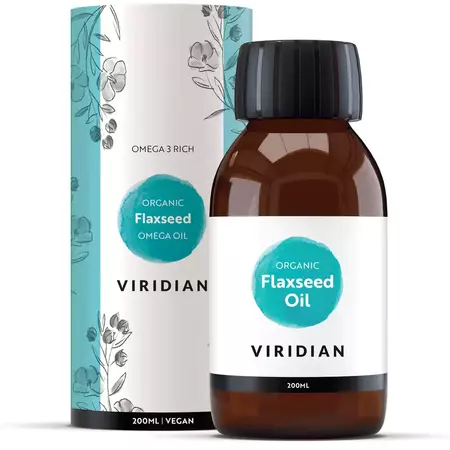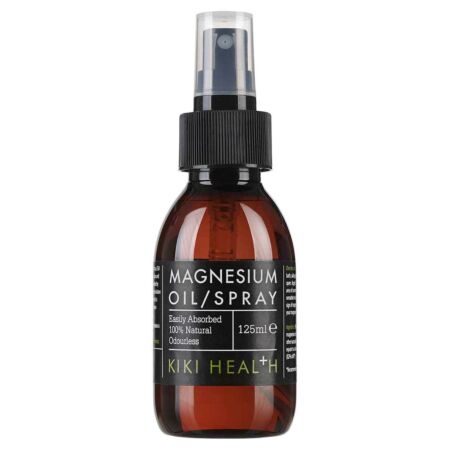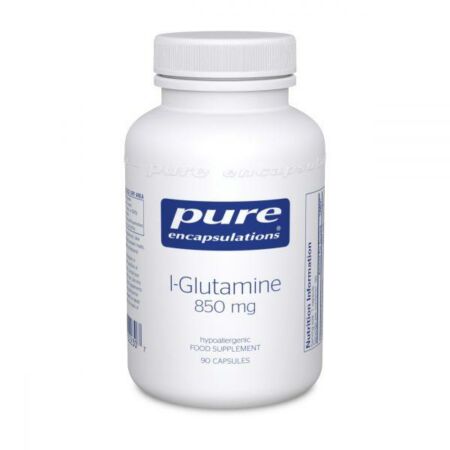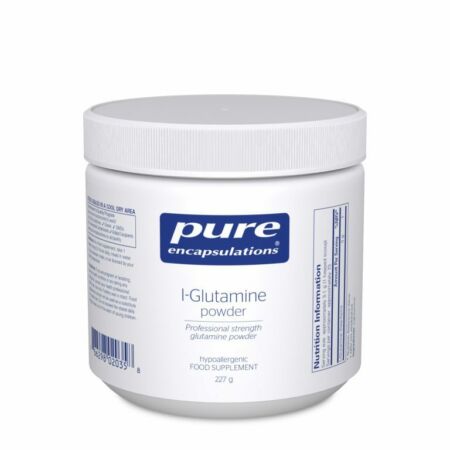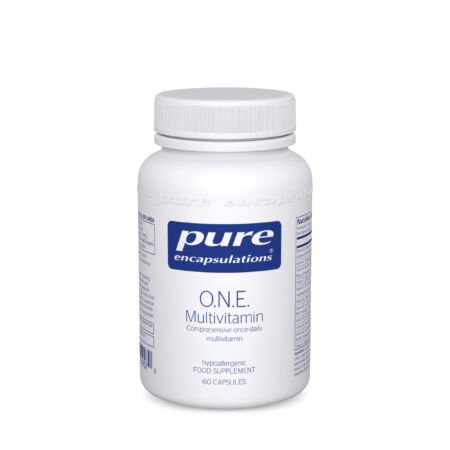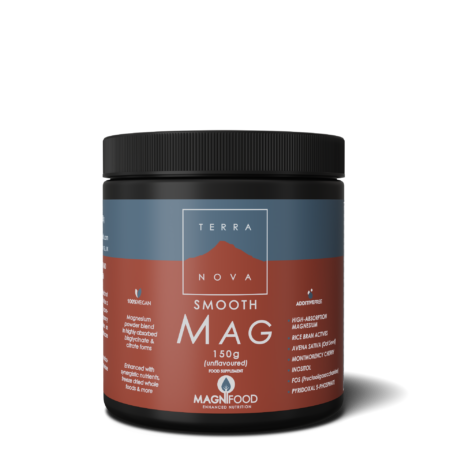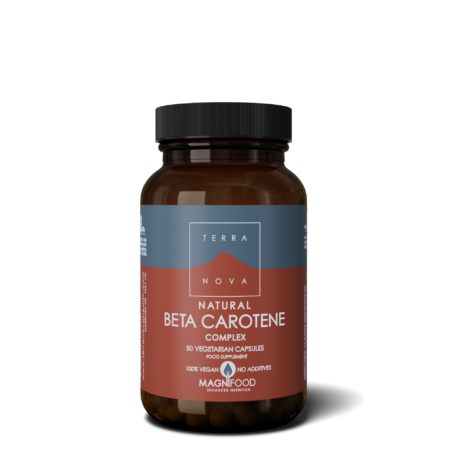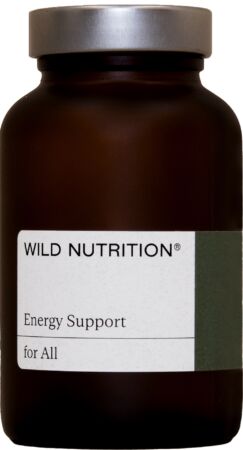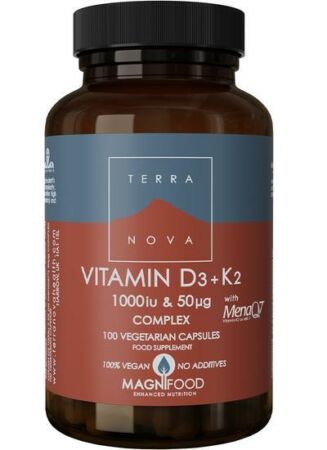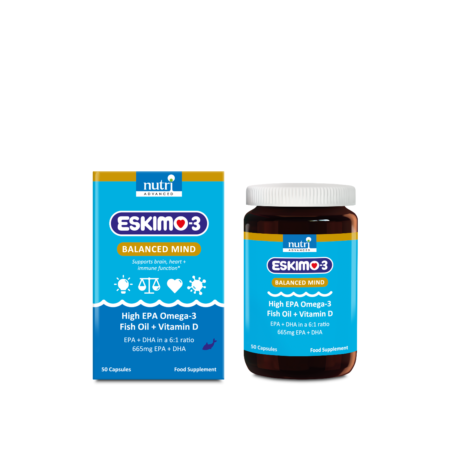A holistic approach to fibromyalgia is a multimodal one that includes herbal products, lifestyle adjustments, and dietary changes that can help manage and reduce symptoms.
What is fibromyalgia and what are the common symptoms?
Fibromyalgia is a chronic condition where widespread muscular pain, fatigue, and various other symptoms are commonly seen. In addition to widespread pain, symptoms may include heightened sensitivity, stiffness, muscle spasms, extreme fatigue, insomnia, cognitive issues, headaches, and associated conditions like irritable bowel syndrome.
Other less common symptoms include depression, anxiety, tinnitus, restless leg syndrome, and abnormally painful periods[i].
Why do we get fibromyalgia?
While the exact cause is unknown in current research, it is believed to involve changes in hormones and chemicals in the body, affecting pain pathways in the central nervous system[ii][iii]. Read our other articles on chronic fatigue and adrenal fatigue.
What are the risks associated with developing fibromyalgia?
It is not determined through research what the exact cause of fibromyalgia is, yet it is clear that some health conditions and other issues are risk factors for developing it.
These may include:
Age: People older than 40 are more likely to develop fibromyalgia. But it can affect people of all ages, even children[iv].
Gender: People assigned female at birth are twice as likely to experience fibromyalgia[v].
Chronic illnesses: Those with existing conditions like osteoarthritis, depression, anxiety disorders, chronic back pain and irritable bowel syndrome are more likely to develop fibromyalgia than others[vi].
What triggers a fibromyalgia flare-up?
Everyone is different, and what triggers symptoms for some people may differ to others. Generally speaking, however, anything that increases stress levels are thought to trigger a flare-up. This may include emotional stress, financial stress, changes in routine, dietary changes (which are not beneficial), hormone fluctuations, inadequate amount or quality of sleep, infections, seasonal changes/ temperature changes or an introduction of new medications[vii].
Is it possible to prevent fibromyalgia?
It is not possible to prevent fibromyalgia completely, although various steps to support your wellbeing should be taken if you are at risk. With this in mind, maintaining your overall health can help reduce the severity of fibromyalgia symptoms - manage stress to the best of your abilities, follow a diet and exercise plan that’s right for you, focus on getting enough sleep and practice good sleep hygiene. Also, ensure you are resting enough to allow your mind and body time to repair and bounce back.
Why is nutritional therapy important for fibromyalgia?
While there is no specific medically approved diet for treating fibromyalgia, following general dietary guidelines may improve your quality of life.
It makes sense to focus on maintaining a nourishing, balanced diet to support both mental and physical health, aiding in the management of ongoing symptoms and flare-ups. Basic principles should be followed first and foremost, such as a balanced diet which includes consuming over five servings of fruits and vegetables daily, incorporating protein sources like fish, eggs, dairy, meat, nuts, and beans and staying hydrated[viii] with adequate water and non-caffeinated beverages. Intake of these foods should be as tolerated, as fibromyalgia can produce digestive difficulties for some. Please contact us for more information on what a nutritional therapy consultation with one of our nutritional therapists can do for you. We will assess in-depth your needs on a fully individual basis, taking into account your medical history, family medical history, allergies and intolerances and relevant lifestyle factors.
Another simple but important dietary consideration includes a focus on wholefoods and a reduction of processed foods and ‘white’ carbs such as white bread and pastries or cakes/ biscuits etc[ix]. By consuming slow-release carbohydrates which are more nutritionally dense than the ‘white’ carbs, you get the maximum healing potential from your food, as well as avoiding additives and preservatives commonly found in packaged goods, which can aggravate the gut and lower your energy. Likewise, excess sodium (also commonly seen in processed foods) may worsen symptoms in some people and prevent optimal health in the case of fibromyalgia[x][xi].
You may also find some benefit in incorporating "good fats" found in oily fish and nuts, which are unsaturated fats. Omega-3 is a good fat that can have positive effects on the inflammation caused by fibromyalgia, as well as possessing a strong anti-inflammatory effect[xii].
Supplement recommendations for fibromyalgia
Wild Nutrition Energy Support for All: Vitamins B1, B2, B6, B12 and Folate all work together to support normal energy metabolism alongside Pantothenic Acid to reduce tiredness and fatigue[xiii][xiv].
Pure Encapsulations L-Glutamine 850mg: Glutamine is the most abundant amino acid in the body and requirements may be higher in times of increased metabolic demand[xv].
Eskimo Balanced Mind: Omega-3s have been studied for anti-inflammatory properties and may help reduce pain and improve symptoms in some sufferers of fibromyalgia[xvi].
Viridian Malic Acid 550mg Veg Caps: Malic acid is found in a wide variety of fruits and vegetables, but the richest source is found in apples. Malic acid has been suggested as a potential supplement for fibromyalgia due to its role in energy production and its involvement in the Krebs cycle, which is essential for cellular energy production[xvii].
Planet Paleo Digestive Collagen – Mint: Planet Paleo’s Digestive Collagen contains pasture-raised beef collagen, L-glutamine and a carefully chosen synergistic herbal blend with co-active nutrients for comprehensive support for the digestive lining and digestive health[xviii].
Terranova Beta-Carotene Complex: Beta-carotene is a pigment found in various fruits and vegetables that the body can convert into vitamin A. While there is limited direct clinical research on beta-carotene specifically for fibromyalgia, it is considered an antioxidant with potential benefits for overall health. Antioxidants help protect the body from damage caused by harmful molecules called free radicals[xix].
Viridian D-Ribose-Energy-Complex: Tight muscles are a common cause of fibromyalgia perceived pain. In studies, D-ribose significantly reduced clinical symptoms in patients suffering from fibromyalgia and chronic fatigue syndrome[xx].
Magnesium: Its benefits stem from magnesium's ability to regulate nerve functions that other fibromyalgia symptoms occur. Magnesium can be taken internally, or as a soothing application to the skin which may help to soothe muscle pains and tension[xxi][xxii]. Pure Encapsulations Magnesium Glycinate / OSI Magnesium Cooling Massage Lotion
Viridian High Potency Adaptogen Complex (containing Panax Ginseng): Through studies on Panax ginseng, it is said to be not only effective in the treatment of neuropathic and inflammatory pain, but also in other types of chronic pain[xxiii][xxiv].
Pure Encapsulations 5-HTP 100 MG: 5-HTP (tryptophan) may help to increase deep sleep - Research also suggests that 5-HTP can improve symptoms of fibromyalgia, including pain, anxiety, morning stiffness, and fatigue[xxv].
Treat yourself to a relaxing break:
Bathing Beauty Jones the Bones Muscle and Joint Oil: Handmade with wild harvested hypericum, infused with sunflower oil, the oil’s anti-inflammatory properties help to relieve pain, especially those with nerve rich areas. It also uses healing lavender and chamomile essential oils, known for their calming and analgesic (painkilling) properties[xxvi].
Functional testing options for fibromyalgia
Firstly, what is the HPA axis in fibromyalgia?
The HPA axis plays a major role in the regulation of responses to stress. Human stress-related disorders such as chronic fatigue syndrome (CFS), fibromyalgia syndrome (FMS), chronic pelvic pain and post-traumatic stress disorder are typically defined by alterations in HPA axis activity[xxvii][xxviii].
The Adrenal Stress Profile (ASP) provides an assessment of the Hypothalamic-Pituitary-Adrenal (HPA) axis using carefully timed salivary samples of the hormones cortisol and DHEA. Salivary testing is an easy, non-invasive option to measure these hormone levels and formulate a plan to support your symptoms[xxix]. Talk to us today to find out more.
Food sensitivities and nutritional intake
Coeliac & Gluten Sensitivity Panel: Those with fibromyalgia may have a higher prevalence of non-coeliac gluten sensitivity, and exploring a gluten-free diet under medical supervision may be considered as potential approach to managing symptoms in some cases[xxx].
Metabolomix Plus Advanced: This test provides a unique and comprehensive assessment of nutritional status, which is the same as the Metabolomix Plus with added extras. Metabolic testing can help find out if there are any nutrient problems in the body that might be causing symptoms or affecting how someone with fibromyalgia feels overall. It can show if there are any imbalances or shortages of important nutrients that could be making the symptoms worse[xxxi].
The Bowen Technique & Fibromyalgia
The Bowen Technique is a treatment that can be considered for helping Fibromyalgia. This treatment is a gentle treatment which helps to restore balance to the body. It works on the fascia, the communication network of the body, and the meridian system (the energy system of the body) and may therefore support cellular health and function.
What else is there to consider for fibromyalgia?
Limit caffeine and alcohol intake:
High caffeine intake can disrupt sleep patterns and exacerbate symptoms of fibromyalgia, such as fatigue and insomnia. In a similar fashion, alcohol can also interfere with sleep quality and may worsen symptoms of fibromyalgia [xxxii].
What is the elimination diet for fibromyalgia?
An elimination diet involves temporarily removing certain foods from the diet and then systematically reintroducing them to identify any potential triggers that may worsen fibromyalgia symptoms. As such, it is worth pointing out that an elimination diet is best carried out under the supervision of a nutritional therapist or dietician to avoid nutrient deficiencies or insufficiencies. By working with a professional, you can also better assess how the diet is affecting you on an individual basis[xxxiii].
What does it involve?
During the elimination phase, the individual avoids the suspected trigger foods for a specific duration, typically several weeks. This allows the body to reset and helps identify any noticeable changes in symptoms. After the elimination phase, foods are reintroduced one at a time, observing for any adverse reactions or symptom flare-ups.
Keeping a food diary can be helpful during this process to track food intake and any related symptoms.
In conclusion: Please talk to us today to find out how we can help in a nutritional therapy consultation or provide any advice for you about our products available in store/ online.




